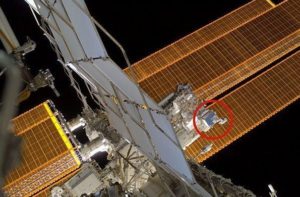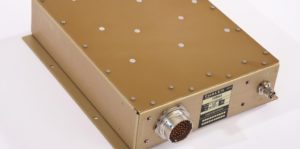European Commission Press Release Database (28 June 2004):
The European Union and the United States concluded an agreement on GALILEO and GPS at the end of the Summit held in Ireland on 26 June 2004. The agreement on the promotion, provision and use of the two satellite-based navigation systems and related applications that was signed by Commission Vice-President Loyola de Palacio and US Secretary of State Colin Powell, will allow each system to work alongside the other without interfering with its counterpart’s signals and thus give a huge boost to users worldwide. Vice-President Loyola de Palacio said: “This agreement will allow the European project GALILEO to become the world standard for civil and commercial use of satellite navigation; it will offer the best possible level of services to all users”.
After more than 4 years of intensive talks, the results for GALILEO, and, more importantly, users of GALILEO and GPS worldwide, are highly satisfactory. The agreement confirms that GPS and GALILEO services will be fully compatible and interoperable and therefore makes the joint use of GPS and GALILEO and the manufacturing of equipment much easier and cheaper.
GALILEO has now become the de facto world standard of open signals in the GNSS mass market. GALILEO will not need to rely on a “GALILEO-only” user community; instead it will be instantly accessible and used by millions of people who today use GPS. This means that all users of satellite radio-navigation will be able to simultaneously, with only one receiver, use one or the other of the two systems, or both at the same time.
In addition of being the first civil system specifically dedicated to civil users, the additional feature of GALILEO is its commercial nature. The agreement with the United States does confirm the quick introduction of GALILEO in all user segments (mass market and professional) throughout the world. The market potential is indeed considerable: 3 billion receivers and revenues of some € 250 billion per year by 2010 worldwide, and the creation of more than 150.000 high qualified jobs in Europe alone.
The agreement represents a major asset for the business case of the future GALILEO operator expected to finance at least two-third of the deployment of the system (€ 1.4 billion), one-third being financed by the public sector (€ 700 million). Such promising prospects will intensify the current competition between the three pre-selected consortia of companies which are running to get the concession to operate the system.
Results of this competition which is run by, the Galileo Joint Undertaking (the programme’s management-arm), will be disclosed by the Commission in October in view of a decision by the Council in December to move to the successive phases of the programme and open the way for the conclusion of the concession contract in 2005.
Finally, this agreement allows the last system specifications to be set, a crucial aspect for the swift operation of GALILEO. After the current development phase (2 satellites under construction will be launched by the end of 2005 and 2 shortly after), the deployment of the remaining 24 satellites (and related ground stations) is expected by 2008, date at which the system should start operation.


